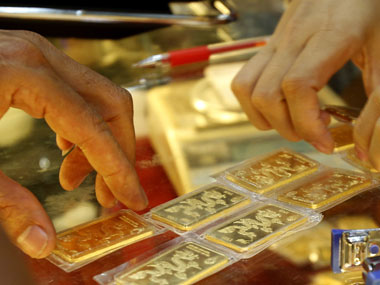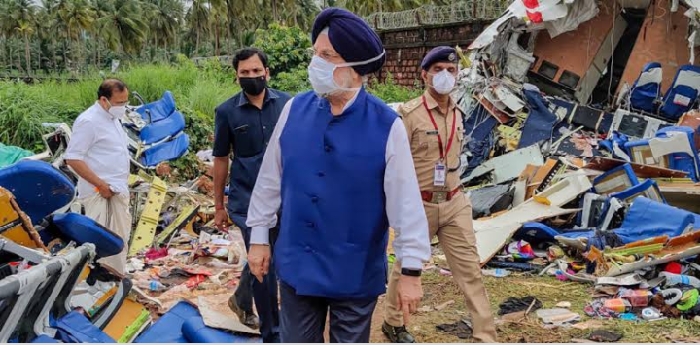
New Delhi, August 24: Gold price on Thursday surpassed all previous records to touch the Rs 31,035-mark per 10 grams, in tune with global prices that touched a 16-week high.
In the spot market, the price of gold rose by Rs 290 to Rs 31,035 per ten grams in the national capital, surpassing the previous record of Rs 30,750 set on June 19.
In Mumbai, gold prices increased by Rs 135 to Rs 30,515, while in Kolkata the rates rose by Rs 235 to Rs 30,960. In Chennai, the price surged by Rs 270, to Rs 30,685 per 10 grams, from the previous day close.
Traders said domestic gold price was supported by a strong rally in the overseas market and rise in demand from stockists and jewellers for the upcoming wedding season.
“Any change in global prices reflect in the domestic market. International prices rose on hopes of third round of stimulus by the US government to boost economy, lifting investment sentiments,” commodity brokerage firm SMC Comtrade Managing Director D K Aggarwal said.
Weak dollar index against other currencies also helped gold price surge, he said, adding that weaker dollar increased the metal’s appeal as an alternative asset.
The Indian rupee appreciated to 55.41 against the US dollar on Thursday. In the international market, gold price rose to a 16-week high to $1,665.09 an ounce, and silver gained by 2.5 per cent to $30.57 an ounce.
Silver price in the country also increased by Rs 1,000, to Rs 57,000 per kg on strong global cues. Price of silver coins rose by Rs 3,000, to Rs 72,000 for buying and Rs 73,000 for selling of 100 pieces.





Comments
Add new comment